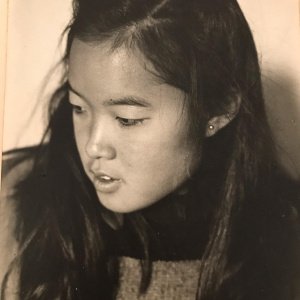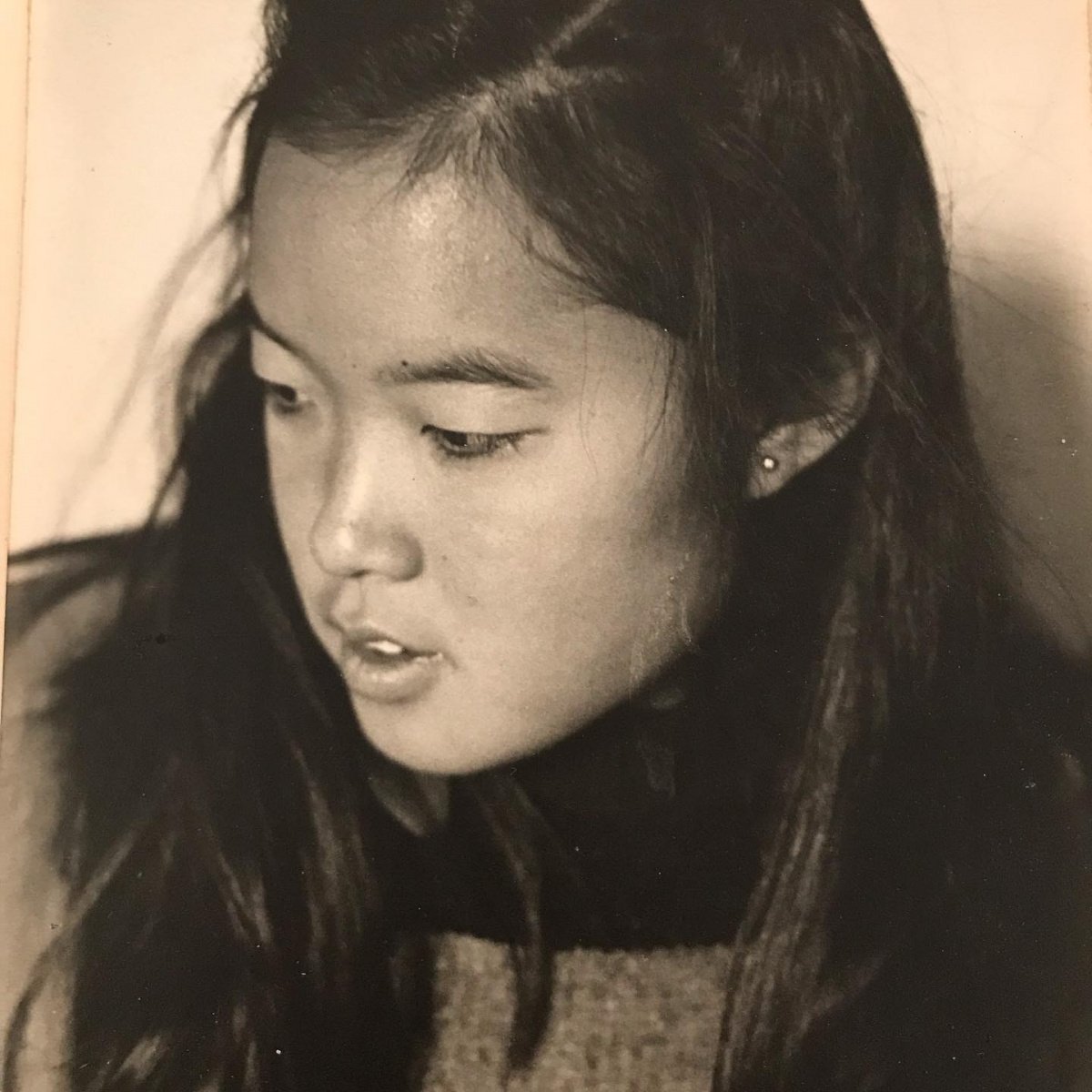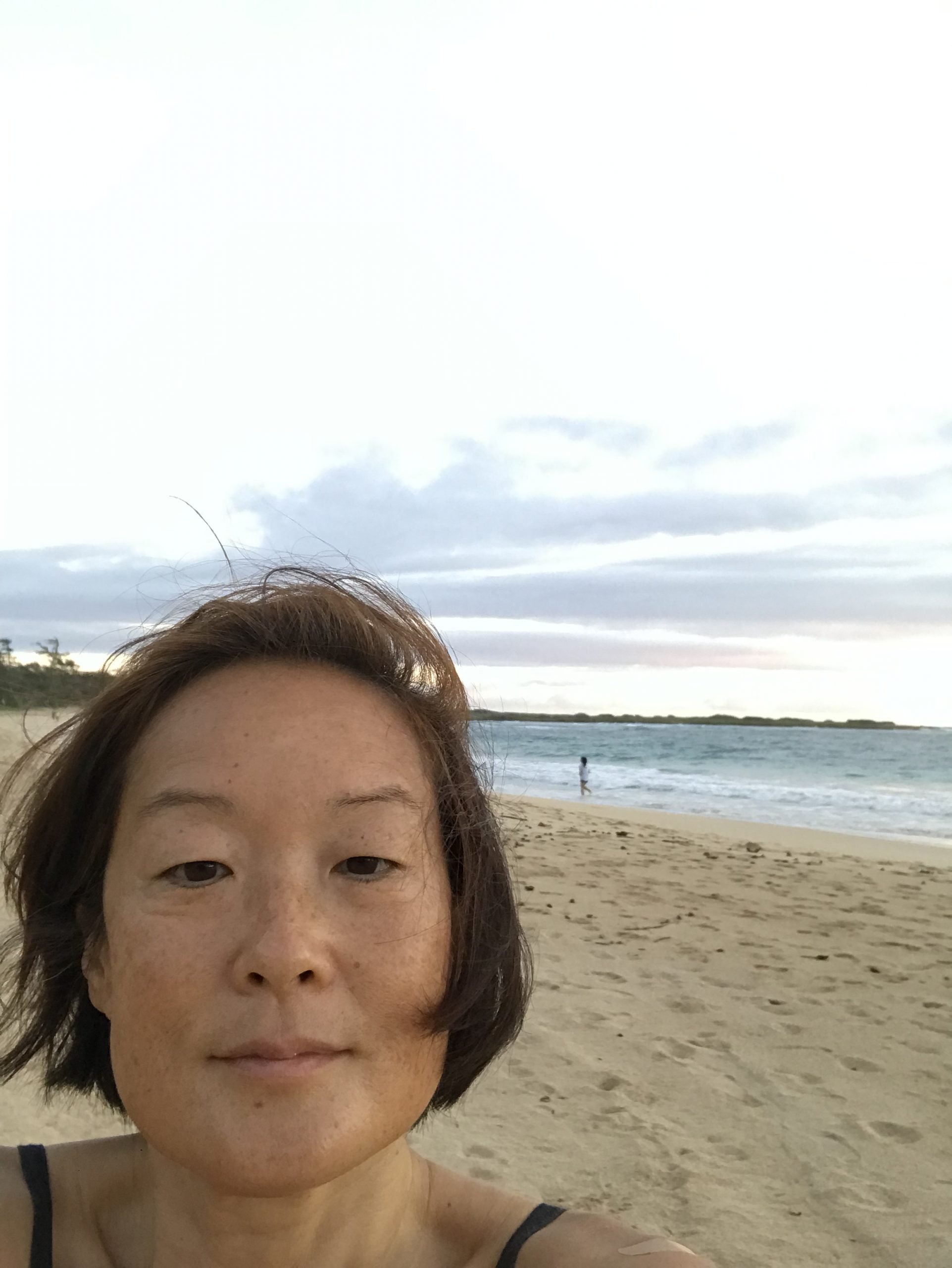Aloha…Ye Olde Blog will begin again…
When I saw this #stopasianhate video I am reminded of where we are now, socially and politically as a society, but also, who I was at the time when I first became aware of how racism is systemic (Vincent Chin lived in the auto making industry area, people were anti-Asian and mired in Yellow Peril ideology about the auto industry, and so they killed him for being Japanese—he was Chinese).
1982 was the year I graduated from PA and headed to Barnard College was the year that Vincent Chin was killed. I took a semester off from Barnard and was interning at the Asian arts and lit magazine BRIDGE. It was in some ways, the beginning of an awareness of an AA identity, but it would take many years of struggle to understand the concept and what it meant.
As a cross between a 1st and 4th generation AA my narrative was never a neat one.
Most AA at college then, the two schools were both separate (Columbia/Barnard) back then, were 1st and 2nd generation. The vibe is very different generationally. I was introduced to AA as “this person who does not speak Korean” and was given circus freak show status. I half expected people to yell at me for betraying my ancestors. My mother, however, doesn’t speak, and what most young people then did not understand is the complexities of immigration patterns.
In retrospect, I should have gone West to university (where I ended up living) where there were entire Asian American Studies programs. But Andover was and probably still is East Coast centric and the idea of being in a student body of Asian Americans didn’t occur to college counseling. Even now, the first thing I tell most Asian Americans when I meet them who feel at a loss and are mired in private institution blues is this: go West. Numbers matter. If you’re in an environment where the Asian community has been entrenched for awhile, at the very rock bottom least, you are not a complete freak show. (Obviously, I was really scarred by it. I haven’t been in a non Asian majority environment in 15 years… I lived in HK and now in Hawai’i–hard choices for some, but for me it was a good decision).
Years later, I would meet up with a PA friend in HK, Chinese descent, who was naming all the racist girls in her dorm–as I recall the most popular and elite white pedigreed girls of our class, and I realized she had deep trauma from that time period she had carried with her. She unloaded. While we are not in touch too much, I realized that it was this weird time and space moment… she needed to tell someone. We compared notes and concluded the college counselor we both had was racist. She was a racist for sure! We both could see this as adults! It felt weird to hear that after decades and confirm my teenage self wasn’t wrong to feel so at odds and discouraged by this authority figure.
As I prepare a history lesson for the Council of Korean Americans, I am reminded how the collective idea of Asian America is what makes me who I am. It is the global as manifested within an American identity. And what is it that we share, truly across these groups? Not language, not food, not religion, not history.
What we share as Koreans, Vietnamese, Filipinos, Hmong, Chinese, Pakistanis, Indians, Japanese – people who are American but who can claim ancestry from Asia, is an awareness and experience of racism, discrimination, the yearning for a dream of self and the cruel understanding of Empire, Nation and Myth.
 That’s what makes us, that common thread, in the end…Asian American.
That’s what makes us, that common thread, in the end…Asian American.


